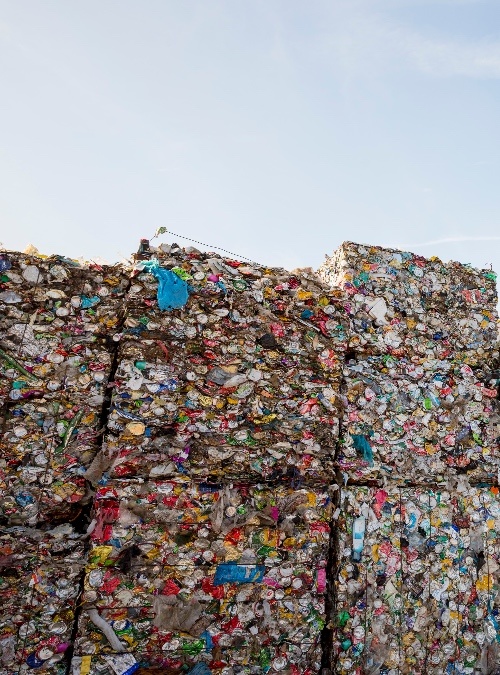
Technical assistance for waste management project in North Macedonia
On 15 July 2025 in Skopje, a Western Balkans Investment Framework grant was signed for technical assistance (TA) to prepare the second phase of the Regional Solid Waste Management Project in North Macedonia. The €2 million grant, supported by WBIF Bilateral Donor the Swedish International Development Cooperation Agency (SIDA) plus the Swiss State Secretariat for Economic Affairs -SECO, will be used for preparation of feasibility studies and analyses of environmental and social aspects for the Vardar and Southeast regions, as a prerequisite for the construction of modern sanitary landfills, transfer stations and waste management equipment in the region, according to the highest EU standards.
The event was attended by First Deputy Prime Minister and Minister of Environment and Physical Planning, Izet Medziti, EU Ambassador Michalis Rokas, and European Bank for Regional Development (EBRD) Assistant Director, Banker, Biljana Miloseska.
"The benefits are concrete - a cleaner environment, European standards and a direct improvement in the quality of life of citizens," said Minister Izet Medziti at the event.
EU Ambassador Rokas stressed: "Preserving the natural beauty of North Macedonia requires a determined and rigorous fight against solid waste at central and local levels. With this contribution from WBIF, we continue the EU's commitment to support the country in finding the best solutions to tackle the solid waste problem. This is just the beginning of the ongoing EU financial support for North Macedonia in the field of environment and waste management."
Biljana Miloseska, EBRD said: “This project represents a significant step towards a green and sustainable future in the country. It also represents the Bank’s first initiative in this sector, supporting the implementation of waste management systems that comply with EU standards for more than one million residents in three regional planning areas and 45 municipalities.”
The grant for technical assistance is part of a broader financial support secured from the EU through WBIF for the project, which also includes a €21.7 million EU-financed investment grant expected to be signed as the Regional Solid Waste project progresses with implementation. Along with a €55 million EBRD loan that was previously signed, it includes the construction of sanitary landfills, transfer stations and waste collection infrastructure in several regions. The first phase is already under implementation and includes activities in the Pelagonija, Southwestern and Polog regions. This further funding allows the technical preparation for mobilising activities in both the Vardar and Southeast regions.
___
About WBIF and Global Gateway
The Western Balkans Investment Framework (WBIF) contributes directly to Global Gateway, the EU’s strategy to boost smart, clean and secure connections in digital, energy and transport, while strengthening health, education and research systems worldwide. Global Gateway aims to mobilise up to €300 billion worldwide in investments through a Team Europe approach, bringing together the EU, its Member States and financial institutions to leverage investments for a transformational impact.